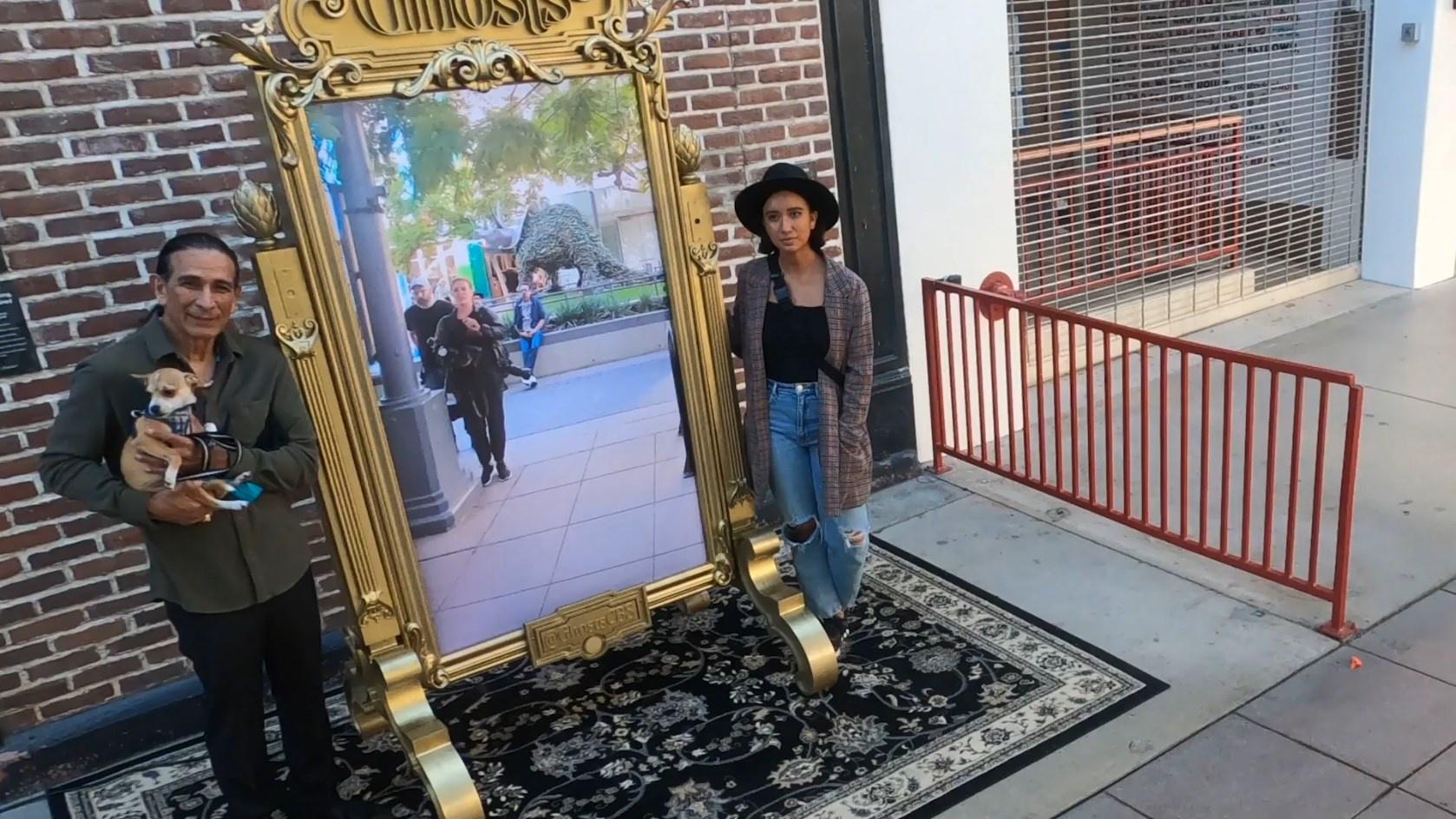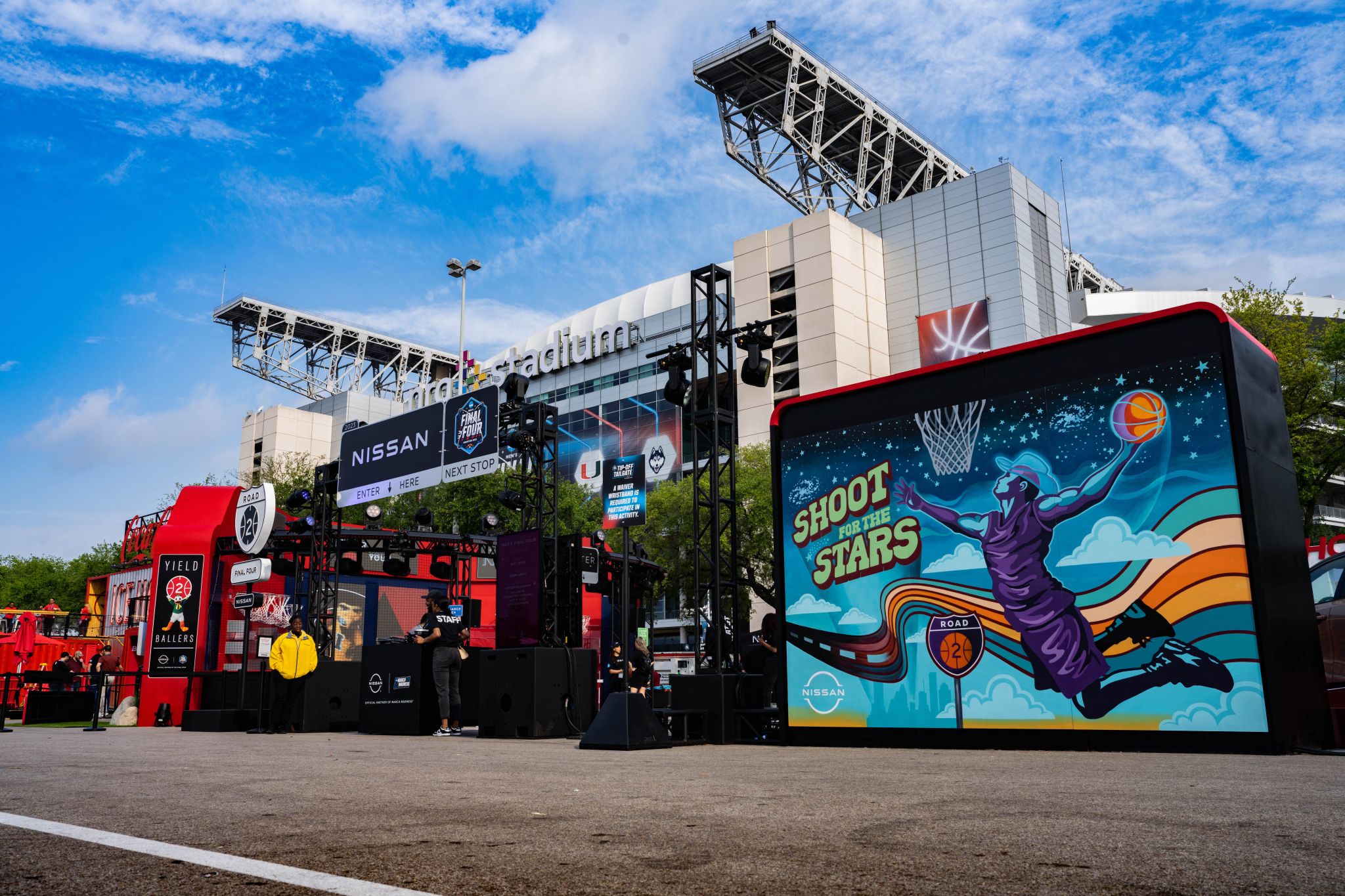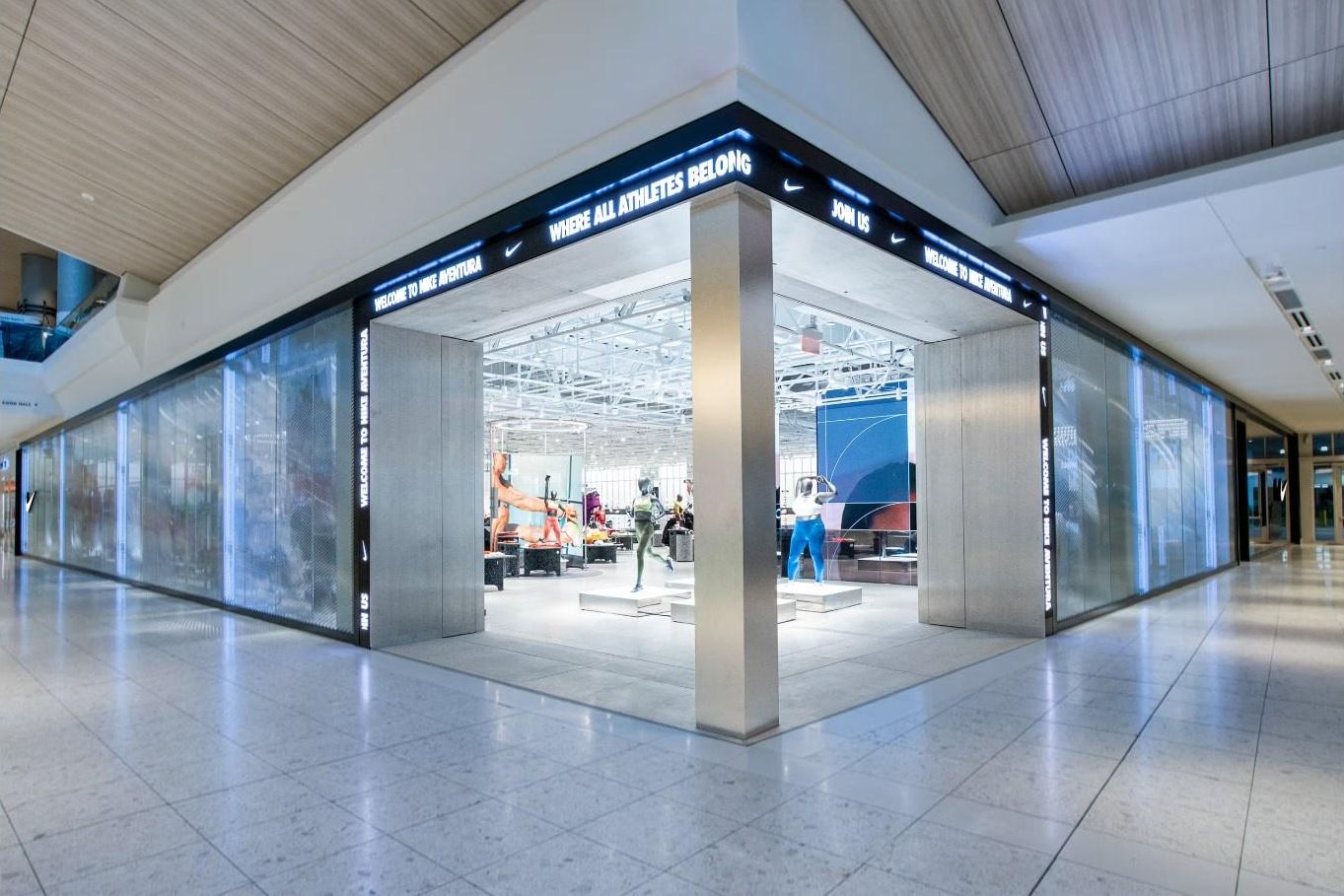Best Viewed on a large screen.
Statement of Teaching Philosophy
Any man who afflicts the human race with ideas must be prepared to see them misunderstood.
- H. L. Mencken
The best teachers are those who care the most about the success of their students. In the realm of technical theatre, taking on the responsibility of being a teacher and mentor goes far beyond the role of a regular professor. I endeavor to provide my students with information as it relates specifically to their field but also pertinent information in being successful at life, the university, and as a professional.
When teaching introductory classes, I ask “Why are you here?” This question is the first of many designed to guide the students to begin assessing their progress and direction in the theatre world. Throughout their time with me I challenge them constantly to consider “Why am I here, what can I do better?” to ingrain the concept of self review and self improvement into their regular thoughts. This is the touchstone for class projects, production reviews, and student self evaluations.
My lab classes often include project assignments that are designed to test the student’s patience and commitment to success. I regularly assign projects that are somewhat vague in written direction, instead focusing on sketches, drafting and examples to encourage critical thought, discussion, and collaboration. These projects contain a number of appropriately difficult challenges to help expand the students skills and to help build their confidence. Primarily, this is to lead students to demonstrate to themselves that they are capable of much more than they think. The secondary objective is to reinforce that theatre is a collaborative effort that often requires visual and verbal comprehension, collaboration and thoughtful, respectful communication.
When teaching design classes I approach from a somewhat different philosophy. I begin with an organized overview of design theory, history, and core techniques necessary for achieving realized production. This gives the students a framework of general ideas and a shared understanding to begin to communicate their ideas while encouraging organization and adherance to deadlines. Individually as they expand these base skills and move into the creative aspects of design I ask then them to reach for a feeling that they want to convey while focusing upon the key elements of the production that excite them most. The ultimate goal being that we build a series of ‘moments of clarity’ to help facilitate the audience in considering the significance of the story.
My overriding goal is to give students the confidence and foundational skills necessary for them to think critically, learn from their mistakes and teach themselves as they grow to become artists.




